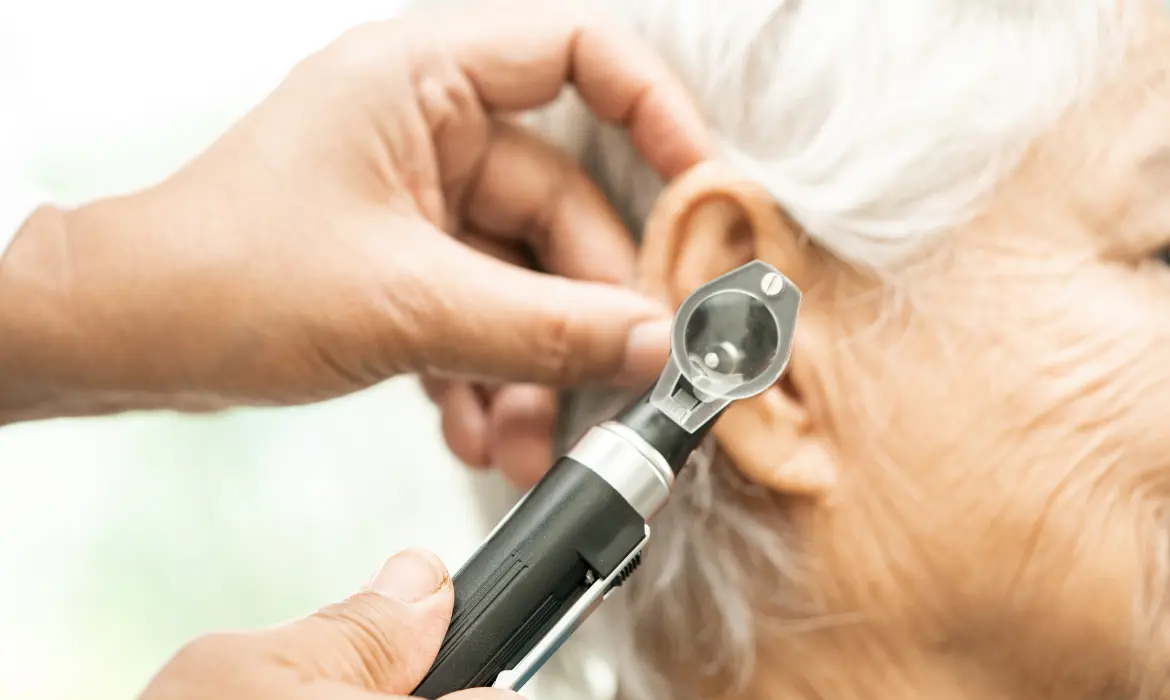Prioritising Nutrition and Hydration: A Key Focus During Nutrition and Hydration Week
As we observe Nutrition and Hydration Week this March, it is essential to highlight the importance of proper nutrition and hydration, particularly for elderly individuals, those with mobility challenges, and vulnerable adults. Understanding the critical role of food and fluid intake in maintaining health and well-being empowers us to make better choices for ourselves and those we care for.
The Significance of Nutrition for the Elderly
As we age, our nutritional needs change. Individuals aged 65 and older often require more nutrient-dense foods to maintain health and vitality. Proper nutrition is vital for several reasons:
1. Preventing Malnutrition: Seniors may experience decreased appetites and altered taste sensations, making it challenging to consume adequate nutrients. A diet rich in fruits, vegetables, whole grains, lean proteins, and healthy fats helps prevent malnutrition and enhances overall health.
2. Supporting Bone Health: With natural ageing, bone density decreases, increasing the risk of osteoporosis. Consuming sufficient calcium and vitamin D through fortified foods or supplements contributes to maintaining strong bones, helping to prevent fractures and injuries.
3. Strengthening Immune Function: A well-balanced diet bolsters the immune system, aiding older adults in fending off illnesses. Nutrients like vitamins A, C, D, and zinc play crucial roles in immune health.
4. Managing Chronic Conditions: Proper nutrition can help manage chronic illnesses common in older adults, such as diabetes, heart disease, and hypertension, by maintaining stable blood sugar levels and healthy blood pressure.
The Crucial Role of Hydration
Hydration is equally essential for maintaining health, particularly for seniors and vulnerable adults. As we age, our sense of thirst diminishes, leading to an increased risk of dehydration. Here’s how proper hydration can benefit elderly individuals:
1. Enhancing Physical Function: Staying adequately hydrated improves bodily functions, including muscle strength and mobility, which is crucial for those with mobility challenges.
2. Supporting Cognitive Function: Dehydration can lead to confusion and cognitive decline. Consuming adequate fluids helps maintain cognitive clarity and minimises the risk of delirium.
3. Aiding Digestion: Sufficient hydration supports digestive health and can prevent constipation, a common issue among the elderly.
4. Regulating Temperature: Hydration is essential for regulating body temperature, particularly in warmer weather or during physical activities.
The Importance of 4 to 5 Litres of Water
Drinking 4 to 5 litres of water daily can significantly contribute to overall health for older adults. Adequate hydration promotes:
– Healthy Skin: Proper hydration helps maintain skin elasticity and health, reducing the appearance of wrinkles.
– Joint Lubrication: Staying hydrated nourishes the joints, helping to alleviate stiffness and discomfort.
– Enhanced Energy Levels: Dehydration can lead to fatigue and lethargy. Maintaining hydration levels can improve energy and motivation.
Practical Tips for Improving Nutrition and Hydration
1. Plan Balanced Meals: Incorporate a variety of colourful fruits and vegetables, whole grains, lean proteins, and healthy fats into daily meals.
2. Stay Hydrated: Encourage drinking water regularly throughout the day. Keeping a water bottle nearby can serve as a reminder to stay hydrated.
3. Create a Routine: Establishing mealtime and hydration routines can make maintaining a consistent intake of nutrients and fluids easier.
4. Involve Caregivers: For those with mobility challenges, involving caregivers or family members in meal preparation and hydration reminders can ensure proper nutrition and access to water.
During Nutrition and Hydration Week, let us emphasise the profound impact that proper nutrition and hydration have on the lives of elderly individuals and vulnerable adults. By prioritising these essentials, we can improve health outcomes, enhance quality of life, and empower our loved ones to live full, vibrant lives. Together, let’s commit to nourishing our bodies and staying hydrated for a healthier future.



